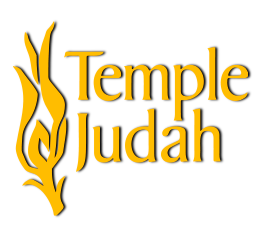Shalom All,
According to Jewish law, we are currently in the season of the omer, the 49-day period of nightly counting between Passover and Shavuot. Rabbinic tradition, teaches us the omer serves as a bridge between two spiritual milestones: the redemption from Egypt (Passover) and the giving of the Torah (Shavuot).
The word omer is mentioned in three different sections of the Torah. First in Exodus, when the Israelites panic about survival in the desert, wondering if God has redeemed them only to let them starve in a foreign wasteland, God rains manna from heaven, and Moses instructs the people to “Gather from it, for every man according to what he eats, an omer per person.” Rashi teaches that even those who collected too much or too little would find that, miraculously, when they returned home, they had exactly one omer per person. In other words, God not only provided sustenance, but ensured that it was distributed evenly.
Second, in Leviticus, where we are told to “count the omer.” We start counting on the second day of Passover, when we bring an “omer” of barley to the Temple. We then count 49 days of the omer, each night during services. 50 days later, on Shavout, we would then bring an omer of wheat to celebrate one’s harvest.
Third, in the book of Deuteronomy there is the command that, “When you reap your harvest in your field, and you forget a bundle (an omer) in the field, you shall not turn back to take it; it shall be for the stranger, the orphan and the widow.” Just as God allocated an omer for each person in the desert, so, too, we are instructed to leave behind any fallen sheaves for the poor.
All three biblical mentions of the word omer: whether an offering in the Temple, a gift from God or an allocation for the needy, are linked by a common theme of gratitude, justice and generosity. The omer in Exodus demonstrates the just way in which God provides for us; the omer in Leviticus is an expression of gratitude for God’s role in our harvests; and the omer in Deuteronomy instructs us how to care for one another generously. God gave us manna in the desert, and grain at our harvests, not just to feed us, but to teach us to also provide for each other with the same spirit of equality and kindness.
May we learn not only to feed ourselves but to also to share our bounty generously, so that no soul need ever go hungry.
B’shalom,
Rabbi Todd

